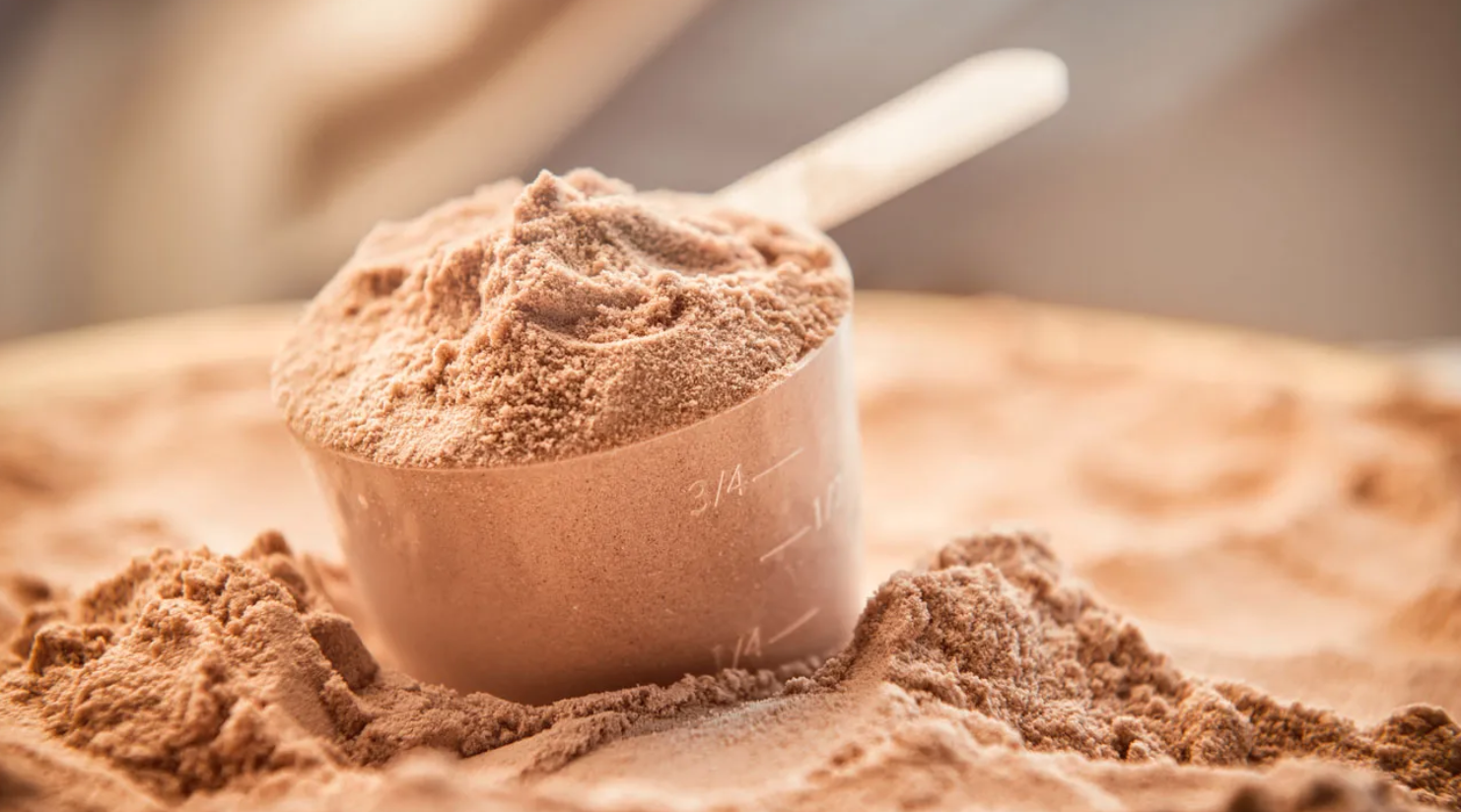Using Ketones to improve recovery & Adaptations
by George Blackwell
Previously, I’ve written about the potential of Ketone Supplements to support endurance performance. Some research published last month reviewed the most current studies on ketone supplements, providing new insight - that the benefit of Ketones may not be in exercise performance directly, but through enhanced recovery via a range of different mechanisms.
The study outlines the potential effects of ketones on muscle glycogen resynthesis, muscle protein turnover, red blood cell mass, skeletal muscle capillarisation, mitochondrial biogenesis, anti-inflammatory and oxidative stress, and sleep.
Their evidence indicated that ketone bodies may:
improve sleep and cognition;
increase skeletal muscle angiogenesis, muscle protein synthesis, glycogen resynthesis and mitochondrial mass and function;
reduce skeletal muscle protein breakdown, oxidative stress and inflammation;
increase circulating EPO levels and total haemoglobin mass.
However, it was also noted that almost all studies referenced in this paper investigated ketone supplements in recreationally active subjects. Given that elite athletes already possess higher skeletal muscle capillarisation and mitochondrial mass and function, it is most likely that the effects of these supplements will be less extensive in elite athletes.
In conclusion, existing research has demonstrated that Ketone supplements may have the potential to enhance exercise recovery and promote training adaptations through a wide range of physiological mechanisms in multiple tissues. This suggests that the ergogenic potential of ketone supplements rather lies in enhancing post-exercise recovery instead of acutely improving exercise performance. Nonetheless, it is still worth noting that research into the effects of ketones is still in its infancy.
References:
Robberechts, R. and Poffé, C., 2023. Defining ketone supplementation: the evolving evidence for post-exercise ketone supplementation to improve recovery and adaptation to exercise. American Journal of Physiology-Cell Physiology.

